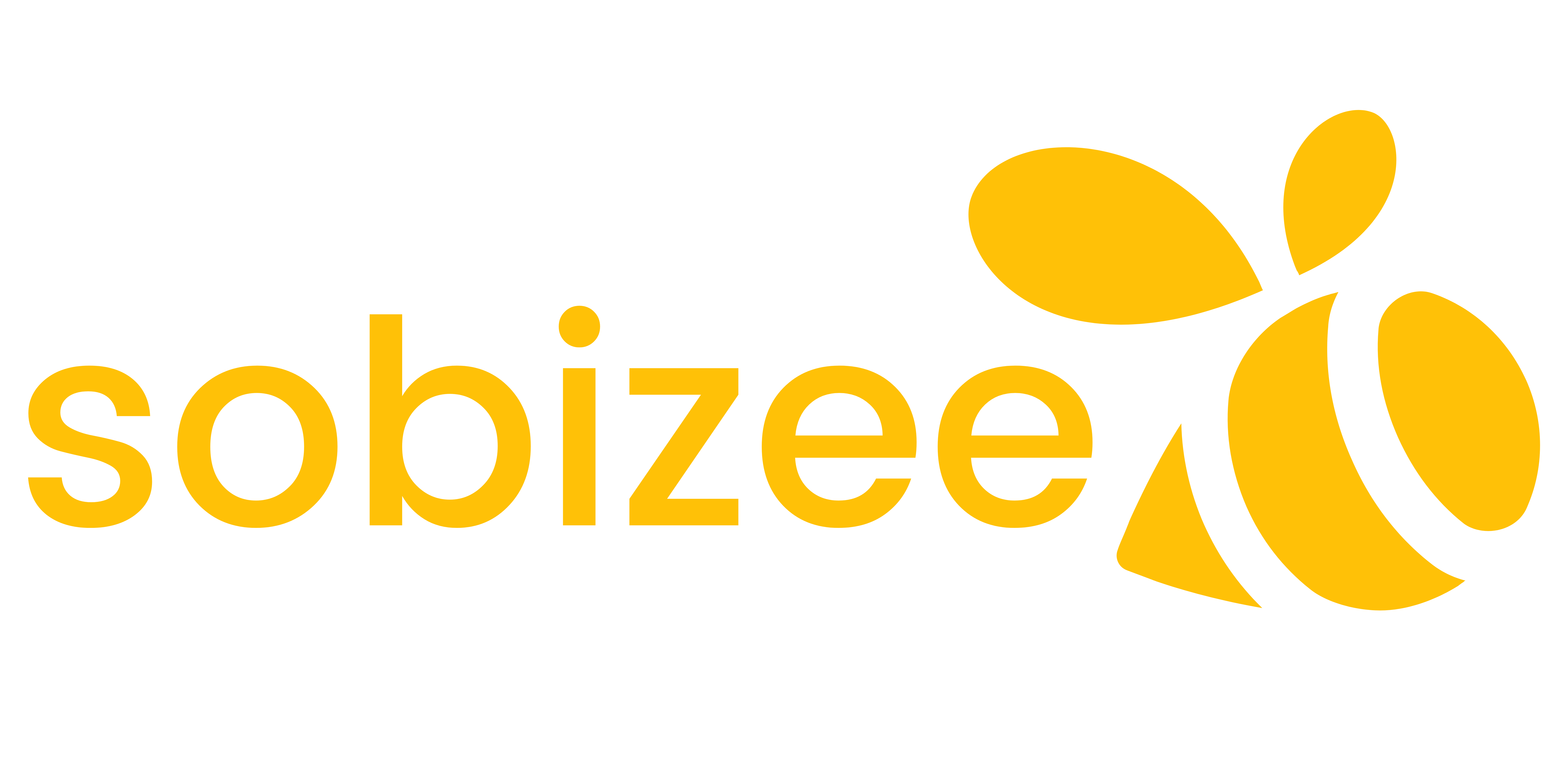In the world of notarization, convenience and accessibility are paramount. With advancements in technology and changing client needs, two popular methods have emerged to make notarization more accessible: mobile notary services and remote online notary (RON) services. Both offer distinct advantages, but they also have significant differences. This article will explore these differences, helping you understand which option might be best for your needs.

Mobile Notary: Bringing Services to Your Doorstep
A mobile notary is a traditional notary public who travels to a client’s location to perform notarizations. This service is especially convenient for individuals who are unable to visit a notary’s office due to time constraints, mobility issues, or other reasons.
Key Features of Mobile Notary Services:
Inperson Interaction: The notary travels to the client’s location, whether it’s a home, office, hospital, or other venue. This facetoface interaction ensures that all parties are present and can verify identities in person.
- Flexibility: Mobile notaries offer flexible scheduling, often available outside of regular business hours, including evenings and weekends.
- Document Handling: The notary physically handles the documents, ensuring they are correctly signed, dated, and stamped.
- Legal Compliance: Mobile notaries adhere to state laws and regulations, ensuring all notarizations are valid and legally binding.
Benefits of Mobile Notary Services:
- Convenience: Mobile notaries bring their services to the client, saving time and effort.
- Accessibility: Ideal for those with limited mobility or busy schedules.
- Personal Interaction: Direct interaction with the notary can provide reassurance and clarity.
Remote Online Notary: Leveraging Technology for Convenience
Remote Online Notary (RON) services utilize technology to perform notarizations over the internet. This method allows notaries and clients to meet virtually, using audiovisual technology to complete the notarization process.
Key Features of Remote Online Notary Services:
- Virtual Interaction: Notarizations are conducted through secure video conferencing platforms, eliminating the need for inperson meetings.
- Digital Document Handling: Documents are uploaded, signed, and notarized digitally. This process includes digital signatures and electronic seals.
- Security Measures: RON platforms use robust security features such as identity verification, credential analysis, and tamperevident technology to ensure the integrity of the notarization.
- 24/7 Availability: Many RON services offer roundtheclock availability, allowing clients to get documents notarized at any time from anywhere.
Benefits of Remote Online Notary Services:
- Convenience: Clients can notarize documents from the comfort of their home or office without the need for travel.
- Speed: The process is typically faster, as it eliminates the need for scheduling and travel time.
- Accessibility: Ideal for clients in remote locations or those who need immediate notarization services.
- Paperless Process: Reduces the need for physical documents, contributing to a more environmentally friendly process.
Comparing Mobile Notary and Remote Online Notary
While both mobile notary and RON services offer convenience, they cater to different needs and preferences.
Similarities:
- Flexibility: Both services offer flexible scheduling to accommodate clients’ needs.
- Legal Compliance: Both methods adhere to state laws and regulations, ensuring valid notarizations.
Differences:
- Interaction: Mobile notary services involve facetoface interactions, while RON services are conducted virtually.
- Document Handling: Mobile notaries handle physical documents, whereas RON services manage documents digitally.
- Accessibility: Mobile notaries travel to the client’s location, while RON services allow clients to notarize documents from anywhere with an internet connection.
Choosing the Right Service for You
- The choice between a mobile notary and a remote online notary depends on your specific needs and circumstances.
- Opt for a Mobile Notary if: You prefer inperson interactions, have complex documents requiring physical handling, or need the notary to visit a specific location.
- Opt for a Remote Online Notary if: You value the convenience of digital transactions, need notarization services urgently, or are located in a remote area with limited access to notary services.
Conclusion
Both mobile notary and remote online notary services offer unique benefits tailored to different needs. Understanding these differences can help you choose the right service for your notarization requirements. Whether you prefer the traditional approach of a mobile notary or the digital convenience of RON, both options provide secure and efficient solutions for notarizing your important documents.
By incorporating relevant keywords and providing valuable, informative content, this blog post aims to rank high on search engines, making it easy for users to find and understand the differences between mobile notary and remote online notary services.
This post may contain affiliate links, meaning Sobizee could earn a commission at no extra cost to you. Some of the content may be sponsored or branded to promote specific products, services, or brands. All opinions remain our own.



